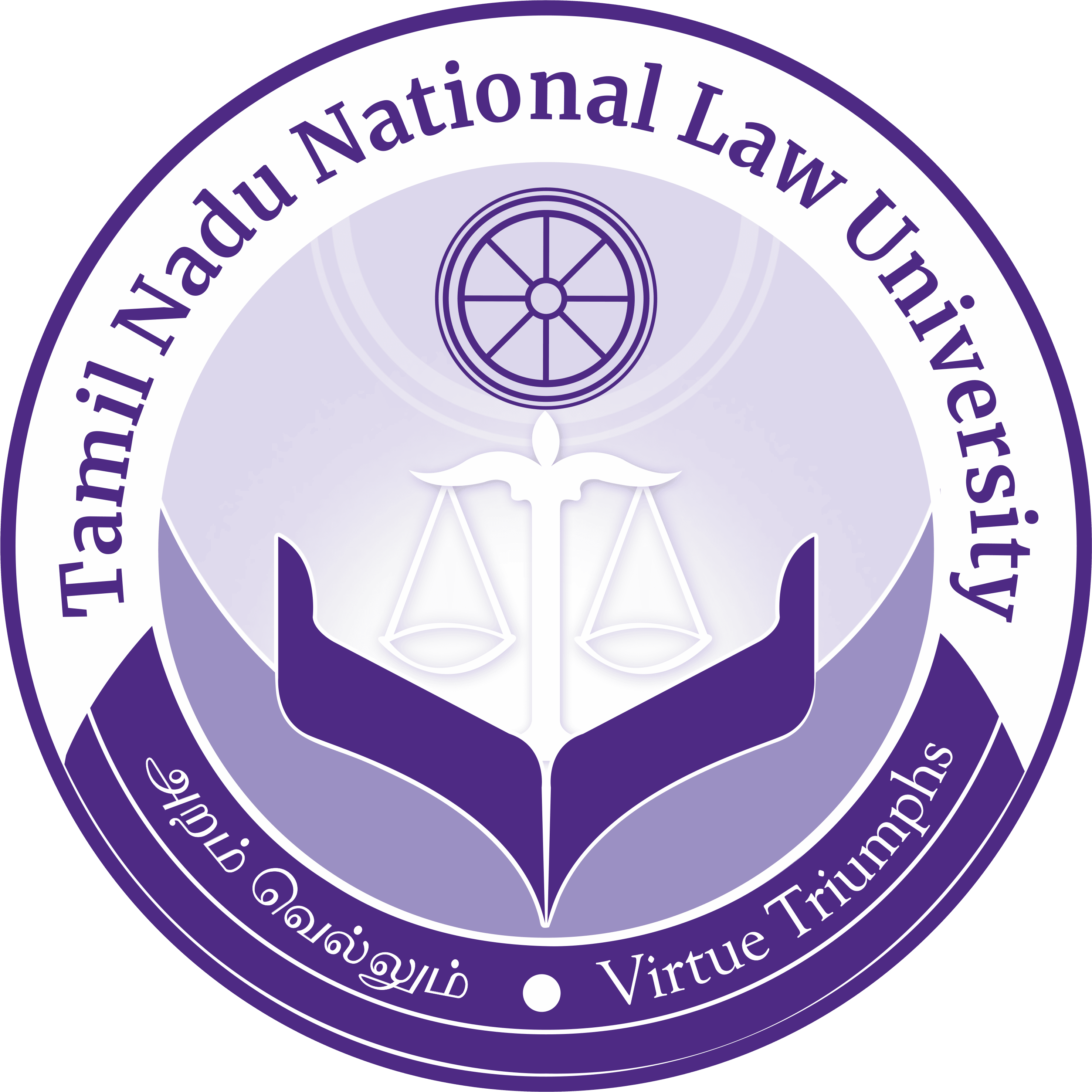

Organizer: Mr. S. Mohammed Azaad (Corporate Law & Corporate Governance)
Platform: Cisco Webex
Participants: 36 (Approx.)
Level of Programme: Intra University
The event started with Opening Remarks from Mr. S. Mohammed Azaad followed by the Welcome Address by the Vice Chancellor of TNNLU. The focus of the lecture was on broad themes of development and corporate governance. Whether development impacts corporate governance or vice versa. The Speaker found them to be connected. He said the influence of corporate governance on development, and vice versa, is a two-way relationship between state policy and company governance.
Corporate governance is mostly part of private commercial space, economic space and more to do with corporations bringing in public-private divide. Corporate law provides not only enabling rules, but is a product of active state involvement, politics, and constitution. Corporate Laws are frequently restricted to the realm of economic space, where private contracting standards prevail. This contributes to the discussion between public law, in which the government is more involved, and private law, in which the government is less involved. The chasm is narrow because the government intervenes through constitutional law, which alters rights and freedoms.
The Speaker then went on to discuss about the concept of ‘embeddedness’. He highlighted this concept in terms of company law, corporate enterprise and the State legal structure and how everything are embedded in State. Company law helps us to look at how actions affect the public and result in active dialogue and discussions. Corporate enterprise embeddedness was explained by stating that a company nowadays is bigger than a State which hosts them, they shape interactions with other states, change our perceptions, requirements and plans etc. In the last 10 years, it’s unsettling how companies like Twitter, Facebook have affected democracy, opinions, rule of interactions and now command the public sphere more than the State.
According to the Speaker, corporate governance has seen significant changes in the recent two decades. The requirements on corporate governance, according to the speaker, are not theological. The evolution of corporate governance makes it difficult to comprehend the country’s influence. Historically, there used to be chartered corporations which were licensed by the State and came together for a specific purpose and were dissolved as soon as the purpose was over. People came together to form associations and put in capital. Now the corporations distort ownership, as it allows associations to own capital. Now the owners who contributed capital cannot even pull out their own money during insolvency. Then how can owners have control over their ownership? The Famous Solomon case held that shareholders are owners, but have no control on the corporation as it is a separate legal entity. This in a way created a legal paradox.
With passage of time, each State started having its own company law and now these companies are similar to mini governments, as they are similar to them in founding and function. For example, checks and balances like 3 branches of government. The shareholders keep a check on the board of directors and remove them. This though results in agency problems, as agents might try to misuse the powers hence a need to balance the interest of shareholders and interest of board of directors arise. Shareholders want to maximise profits, have high share prices, whereas directors want high remuneration and maybe expansion. But the same is to be done in the best interest of the company.
What is the best interest of the company? What should a company run for? Profit maximization or engines of economic mobilisation or vehicle of development or long term sustainability. By late 1960s to 1990s, the perception set by Chicago School of Law about the profit maximization is the corporation’s aim. The company has no social, sustainable aim. This influenced American corporate culture and the idea of free market trade. In India, the State played an active role in the development of corporate law. Nehruvian policies of self-sustainability were propagated. But post 1990, India changed, corporate purpose changed from socialism to free market capitalism and opening of markets for FDI. This has resulted in a shift in company law in this neo liberal economy.
According to the Speaker, the concept of Independent Directors seems irrelevant to the Indian scenario. In India, we have family owned corporations who are dominant shareholders and can remove any director. Such provision of independent directors works well for the USA scenario as there are a huge number of shareholders. This concept was added in Indian company law to make the legal regime more similar to the developed countries to bring in investments.
After the decline of Chicago School of Law’s understanding of corporations, a shift has been seen towards sustainability and equitability. There is a shift in the duty of the board of directors towards all stakeholders and not just shareholders. How to make this shift possible? Director’s duty, Stewardship Code provides recommendations for shareholder’s participation to hold companies accountable for non sustainable practices. Directors are now answerable to others as well. Hence shareholders hold a whip on directors. Shareholders are now a part of fiduciary responsibility previously only held by directors. But a question of wiping the line between ownership and control arises because of the above reasoning. In the 1920s, there used to be retail investors, but now we have institutional investors which do not put all eggs in 1 basket, they invest in diversified portfolios and are motivated by market performance. The duty of care in terms of development has changed due to this.
The Speaker concluded the session by highlighting the key components in the evolution of corporate governance and the policy. The Speaker also responded to questions from Mr. Ashwin Bala and Mr. Rishi Kumar. The session concluded with the summarization from Mr. Ashwin Bala and vote of thanks from Ms. Tanishq Toor.